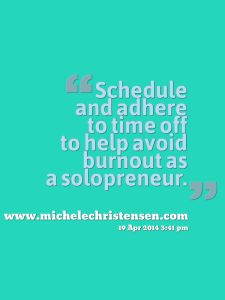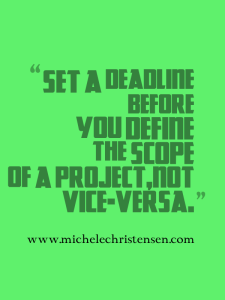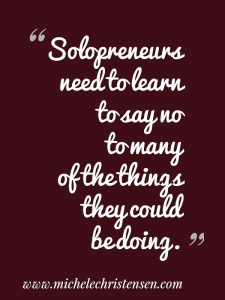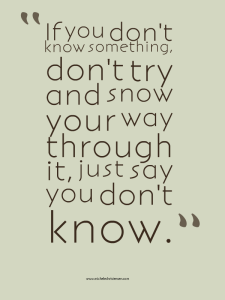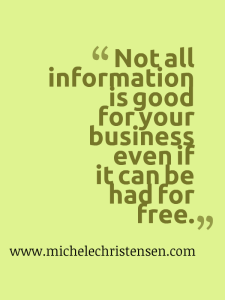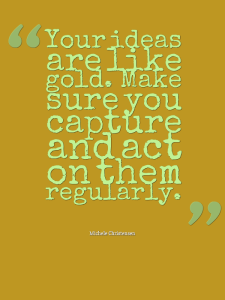 I talk a lot about strategy, and that’s because it’s truly one of the most important foundations to your success. What is strategy and why is it so important? How can it help you?
I talk a lot about strategy, and that’s because it’s truly one of the most important foundations to your success. What is strategy and why is it so important? How can it help you?
Strategy is having an idea of how something will help your business before you start doing it. This applies both to big, sweeping changes like adding a new marketing technique and it also applies to one-time things like attending an expo. Having a strategy makes it so much more likely you will succeed, and even if you don’t you’ll know it sooner and not get sidetracked for as long as you would without strategy.
New business owners often have a fire to get started, and as a result they start off running hard and just doing as many things as they can to build their business. The idea of actually asking if something is a good idea to be doing in the first place seems pointless. It’s easy to get into such a frenzy of doing that it’s hard to even find a few minutes to ask if you should be doing something.
Strategy helps you decide what to do and set some goals around what you expect to accomplish. Most business activities have increasing sales as their ultimate goal but there are many intermediate steps. One strategy might be to increase traffic to your website using social media. This would ultimately increase sales (all other things being equal), but it’s an intermediate step. If your strategy is to increase sales by increasing traffic using social media then you know what your social media activity is supposed to accomplish before you even start doing it. Using some traffic measurements, you can tell how well it is working by measuring how much traffic you sent to your site before and after you started using social media.
One of the best things strategy can do is to steer you when you are off course. What if you social media strategy, as you’ve defined it, isn’t paying off? That’s not as good as it working great, but it’s much better that you know and can change course. If your efforts aren’t working, you need to change what you are doing or find something new to do.
Strategy doesn’t have to be a big deal. It doesn’t have to be formal or complex. Just make sure you know why you are doing any business activity and what you hope to get from it. Have a way to measure if your efforts are working, and know when to change course or pull the plug.
How do you use simple strategy in your business? Tell me about it in the comments.

